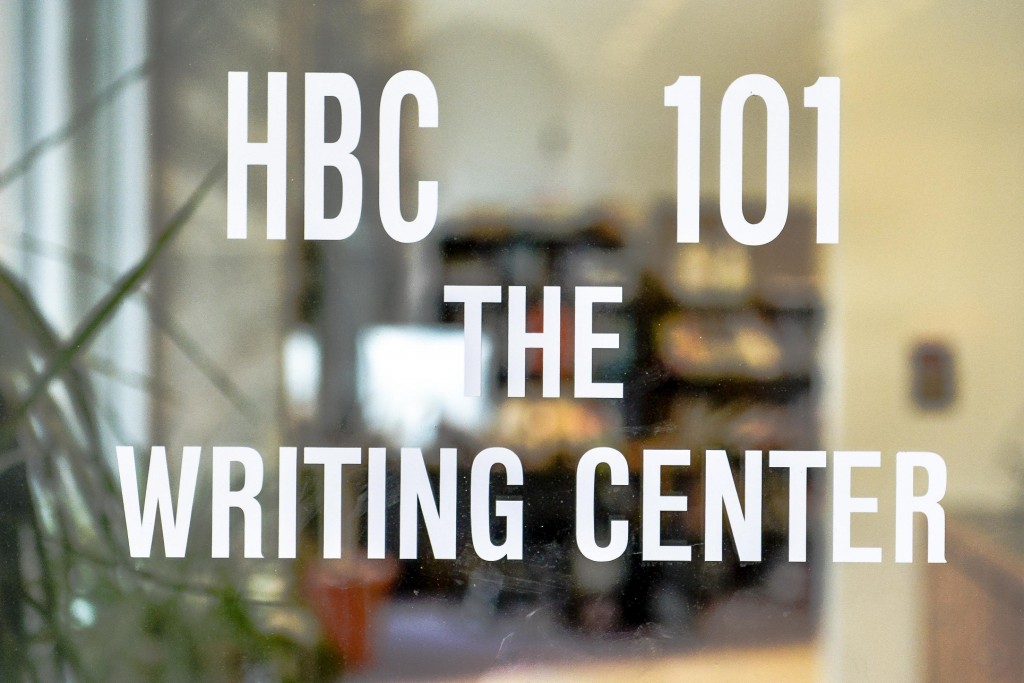Renowned Health Economist Joins Maxwell as Moynihan Chair
Does taxing soda reduce how much people purchase and consume it? Do restaurant patrons make healthier choices when calories are listed on menus? Are GLP-1 weight-loss medications likely to reduce healthcare expenses? These are but a few of the timely…




